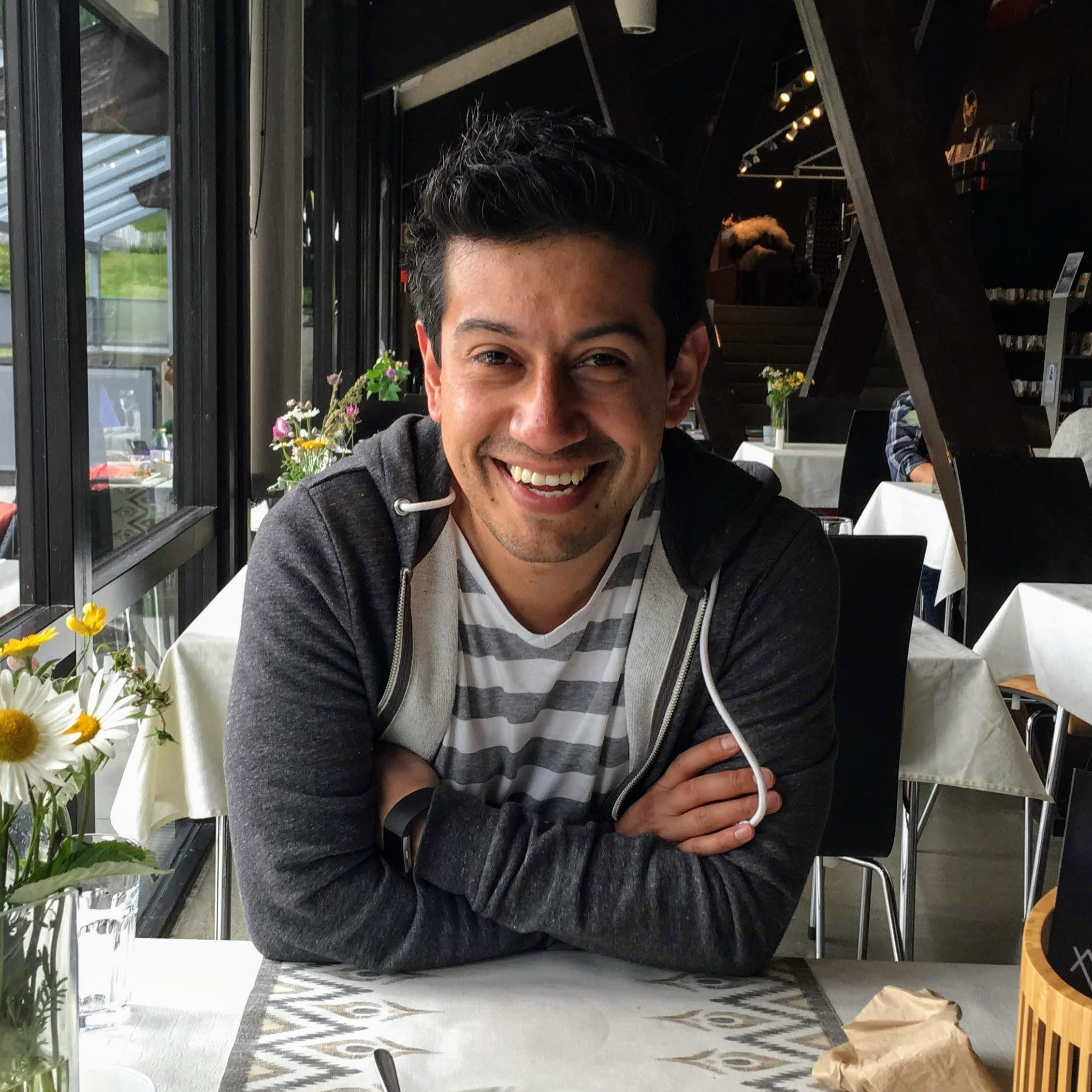Meet the Academic – Felipe Rincón
In this blog post, we have spoken with Dr Felipe Rincón, Lecturer in Algebra who’s been working at the School of Mathematical Sciences since November 2018. He talked about his biggest life and career achievements. He also discussed the reasons he enjoys working at Queen Mary University of London.

What aspect do you like the most about working at Queen Mary?
I really like the work environment at the School. When I talk to my colleagues, I can see that they take their job very seriously and that they put a big effort into doing it well. In other places, I have sometimes felt a work culture that considers teaching a necessary burden in order to do research, while here at the School I feel that people care a lot about students and their learning. In addition, everyone at the School has been very friendly and helpful, and they have made me feel included in the group.
Tell us about your academic journey. Have you always known you wanted to teach?
I carried out my undergraduate and masters studies in Bogotá, Colombia, where I grew up. I found maths really fascinating, and it was clear to me that I wanted to pursue an academic career. I applied for a few PhD programmes, mostly in the US, and I ended up going to UC Berkeley. I had always wanted to get to know Europe better, so after that, I did a postdoc here in England. And after a couple more postdocs in other places, I am very happy to be working here and living in London. Teaching has always been very important to me, and I would not want an academic career without it. There is a funny story related to this: when we were little, my two (younger) brothers and I loved playing all day. And one of my favourite games was to play “school” with them: I was the teacher and I would assign them various exercises that they carried out in their “school notebook”. We must have filled several notebooks doing this. Nowadays, in COVID times, this must be the game that all parents want their kids to play!
Is there something you have achieved in your career/life that you are particularly proud of?
The greatest thing that has happened in my life is definitely the birth of my amazing little boy, who is almost a year and a half now. Career-wise, I am very happy that I have managed to find the time to carry out professional activities that are not directly reflected in my CV. I have spent quite a lot of time supervising students back in Colombia, organising various events in an attempt to make maths more enjoyable to people, and preparing accessible talks not necessarily about my research. With the ever-increasing pressure we face to do research and publish in top journals, it is easy to focus just on that and forget about sharing all the other things that we enjoy about maths.
Tell us about your research.
My research is in the area of tropical geometry. This is a field of maths that has consolidated only in the last couple of decades and touches on many different areas such as algebraic geometry, combinatorics, discrete geometry, mathematical biology, and even deep learning. In tropical mathematics, the role of addition is played by taking the minimum, and the role of multiplication is played by addition. So, for example, 3 “tropical plus” 7 is equal to 3, and 3 “tropical times” 7 is equal to 10. Simplifying the operations in this way leads in general to simpler mathematical objects, which still encode some information about the more complex objects we are used to dealing with. The art in doing tropical geometry comes with finding how to use these tropical objects to say useful and interesting things about the “classical” mathematical world! My specific research is focused on understanding and applying the analogue of “linear algebra” in tropical geometry. The role of linear subspaces is played in tropical geometry by discrete objects called matroids, which are very familiar to people in combinatorics and discrete optimisation. My work is about understanding and developing the strong connections between tropical geometry and matroid theory. Recently, I have spent a lot of time on trying to develop algebraic foundations for tropical geometry, which I hope become a useful and central part of the general theory.
Find out more about studying at the School of Maths.